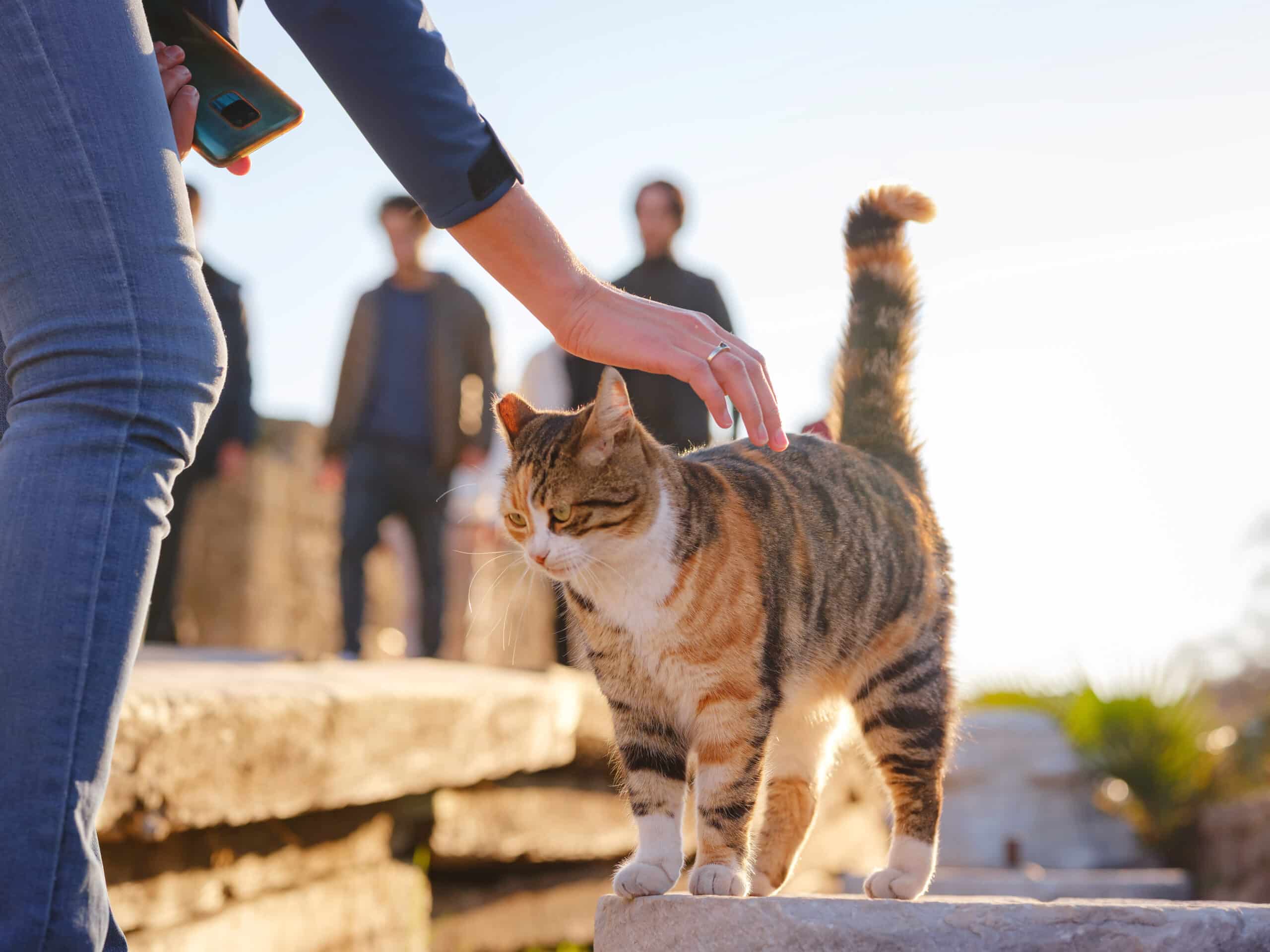Michelle Lam believed that adopting a furry companion would help soothe her anxiety after a difficult breakup. The idea of coming home to a gentle feline presence promised comfort and companionship during a time marked by anxiety in humans. However, when Suki the tabby arrived, Michelle quickly realized she had not just welcomed any pet—she had brought another anxious soul into her home. Suki, her new rescue, seemed to embody the very worries Michelle hoped to ease.
This experience, shared with humor and honesty through a viral TikTok, highlighted how seeking mental health support can take unexpected turns. Rather than finding a classic emotional support animal, Michelle discovered a feline whose nerves matched her own, revealing a unique and powerful human-animal bond.
How the adoption of pets supports mental health
Modern life often feels isolating and overwhelming, especially after major changes or losses. For many, the adoption of pets offers comfort and structure amid emotional turbulence. The benefits of pet ownership extend beyond simple companionship; research suggests that interacting with animals may reduce stress hormones and foster mindfulness.
Caring for another living being introduces routine and responsibility, brightening even the hardest days. When loneliness or worry becomes too much, a pet’s quiet company can anchor emotions, helping individuals endure challenging times.
When anxiety in pets mirrors their owners
No one expected Suki to be so reserved. From the start, the timid cat hid under furniture and startled at every unfamiliar sound. Visitors rarely saw her, and Michelle soon recognized unmistakable signs of anxiety in pets. Strangers sent Suki scurrying for cover, while sudden noises left her wide-eyed and trembling.
Instead of finding solace in an affectionate lap cat, Michelle discovered a sense of solidarity in Suki’s cautious nature. Their human-animal bond became less about curing each other’s anxiety and more about moving through life together with mutual understanding and hope.
- Suki avoids strangers and prefers solitude
- Both owner and pet display signs of social anxiety
- Their calming routines develop in sync, supporting both
- Small victories, like Suki emerging from hiding, become shared milestones
Humor and honesty in sharing pet behavior problems
Michelle’s TikTok chronicling life with her anxious cat resonated widely. Viewers related to her lighthearted observations and candid reflections on pet behavior problems. Many realized that therapy animals or emotional support companions are not always paragons of calm—they have their own personalities and quirks.
This openness reassures others not to feel discouraged if an adopted pet does not immediately fit the ideal image of a support animal. Building trust requires patience, regardless of whether one is human or feline.
Welcoming Kabuki: what happens when a second pet arrives?
A few months later, Michelle decided to adopt Kabuki, a more easygoing cat. It is natural for those considering benefits of pet ownership to wonder if adding a second animal will increase harmony or introduce new challenges. For Michelle, this transition brought both positive moments and complications.
Despite her timid demeanor, Suki revealed a surprising side—while avoiding people, she sometimes bullied Kabuki, her mellow sibling. This highlighted that even emotional support animals have complex personalities and social needs that do not always align smoothly.
Can having multiple pets improve mental health support?
Many see companionship as a key benefit of owning pets. Some believe that caring for multiple animals can amplify feelings of connection and alleviate isolation, particularly for those seeking mental health support. Multiple pets provide varied interactions and often keep each other company, which can be comforting during long absences.
However, issues such as bullying or resource competition may arise, turning well-intentioned plans into sources of stress. For Michelle, witnessing Suki assert dominance over Kabuki occasionally adds tension, but it also reminds her that every journey toward healing is unique and progress may come gradually.
Strategies to manage introductions between cats
Experts suggest slow, deliberate introductions to minimize anxiety in pets. Keeping separate spaces initially, swapping bedding to share scents, and using positive reinforcement when the cats interact can lay the foundation for peaceful coexistence. Accepting that some personality differences persist—and seeking advice if aggression escalates—helps protect everyone involved.
Observing body language, providing safe retreats, and maintaining patience offer extra comfort to anxious pets. Michelle continues to adapt her approach, striving to balance both cats’ emotional needs and accepting setbacks as part of the process.
The comfort of simply observing pets live their lives
Despite Suki’s quirks and occasional spats with Kabuki, Michelle finds deep reassurance in watching her cats nap by the window, explore their environment, and follow their instincts. Pets need not be perfect emotional support animals to make a meaningful impact. Everyday moments—Suki stepping out for a treat or Kabuki lounging nearby—become touchstones of calm and grounding.
Michelle describes these ordinary scenes as sources of comfort and purpose. Even without constant affection, caring for her pets reminds her that she is needed and that connection can exist in silence. The daily rhythms of feeding, playing, and gently observing bring stability and ease feelings of loneliness.
- Routine brings stability to both anxious humans and animals
- Observation fosters connection, even when interaction is limited
- Pride in small progress—like Suki tolerating Kabuki’s presence—builds confidence
Seeing oneself in a pet: the quiet power of empathy
For many, recognizing their own struggles reflected in a pet’s behavior is deeply validating. When Michelle sees Suki hesitating at open doors or peering cautiously from a hiding spot, she recognizes echoes of her private anxieties. Instead of expecting immediate change, Michelle learns to extend compassion both to her cat and herself.
Their relationship illustrates how the benefits of pet ownership include mutual understanding. Sharing space with an animal who perceives the world’s uncertainties much like her human does becomes quietly therapeutic. This subtle exchange nurtures a sense of partnership in facing everyday challenges.
Encouragement to those considering adoption of pets for mental health support
Michelle remains honest about the realities of adopting pets with anxiety. Animals are not instant solutions for emotional pain, nor do they always adjust quickly or show affection in conventional ways. Nevertheless, she encourages others experiencing loneliness or emotional struggles to consider fostering or adopting animals. Sometimes, caring for another—with all their quirks—can gently guide the mind toward healing.
Suki may never fit the mold of a classic therapy animal, but her presence is invaluable. For Michelle, simply seeing Suki brings hope that things will improve. In those quiet exchanges, comfort is found not in perfection, but in acceptance and shared understanding.








